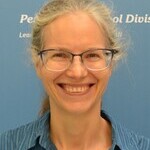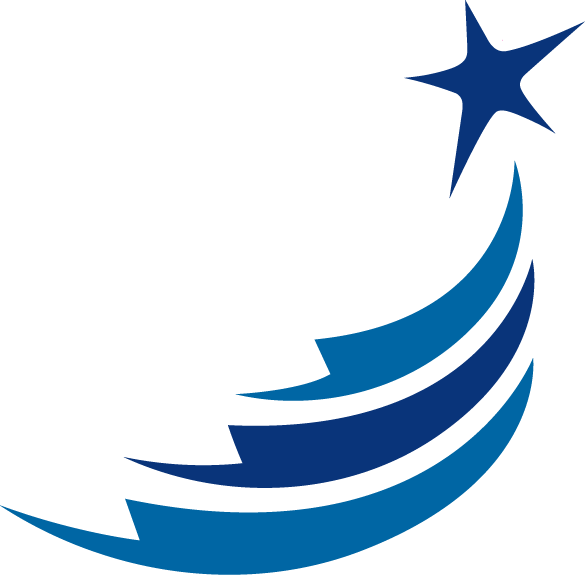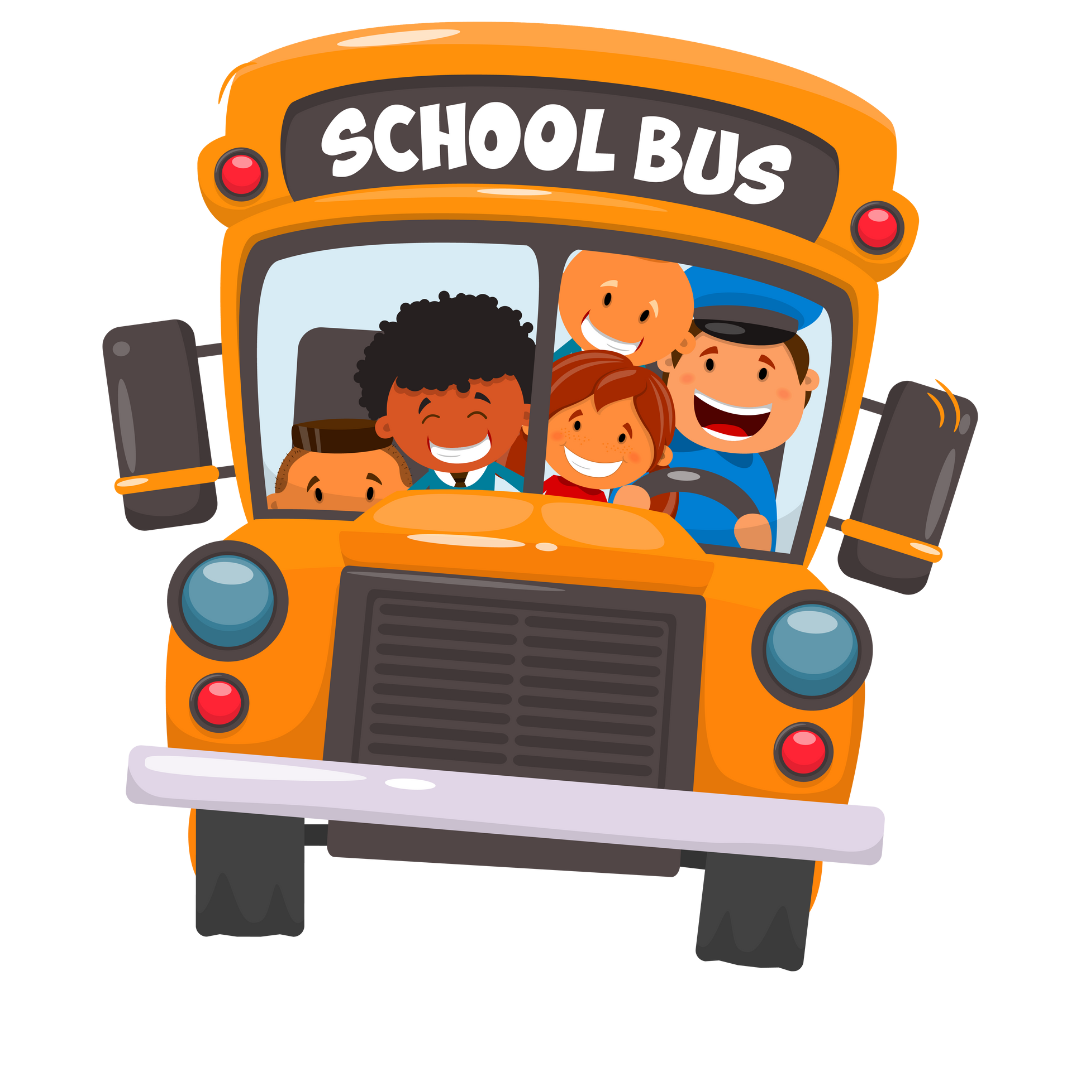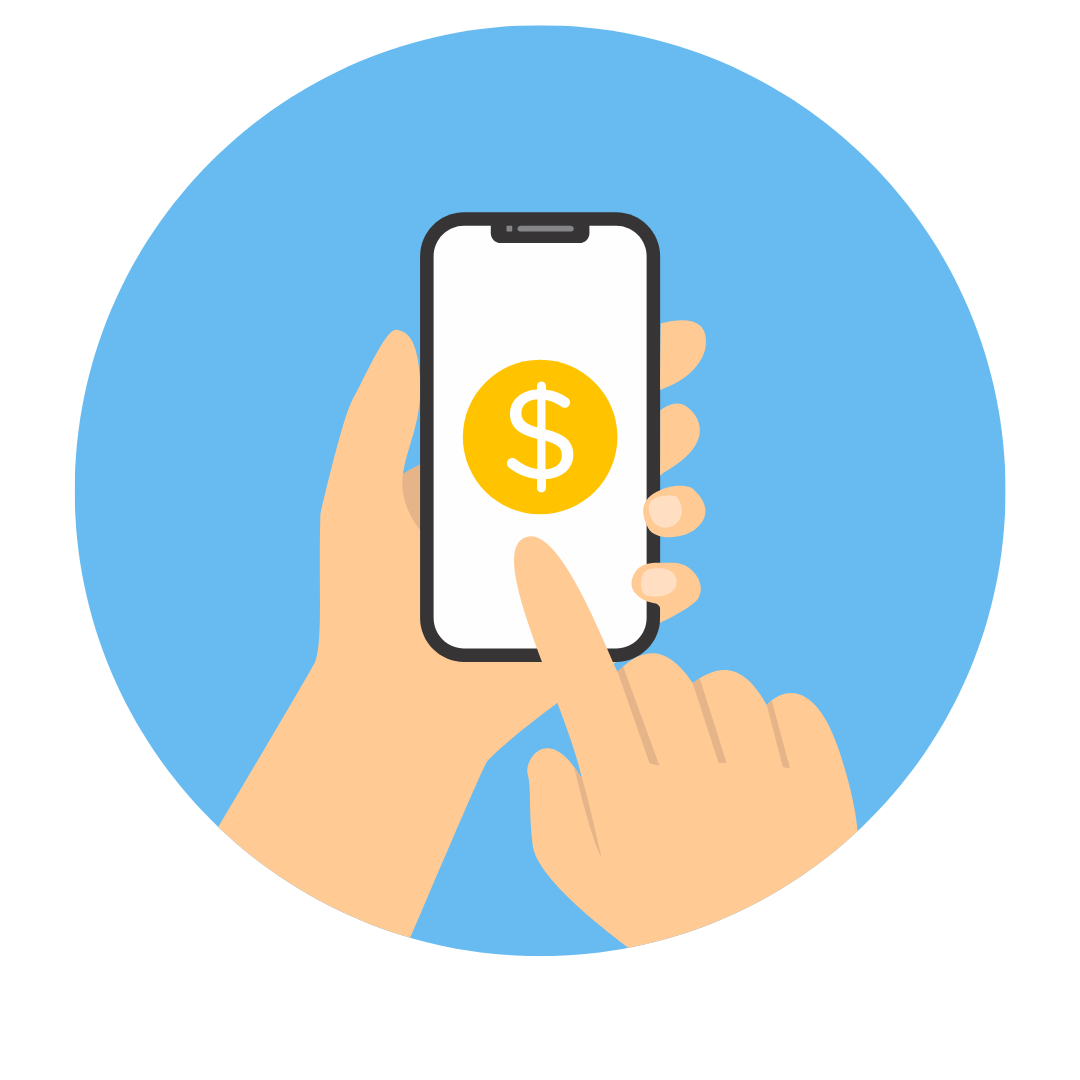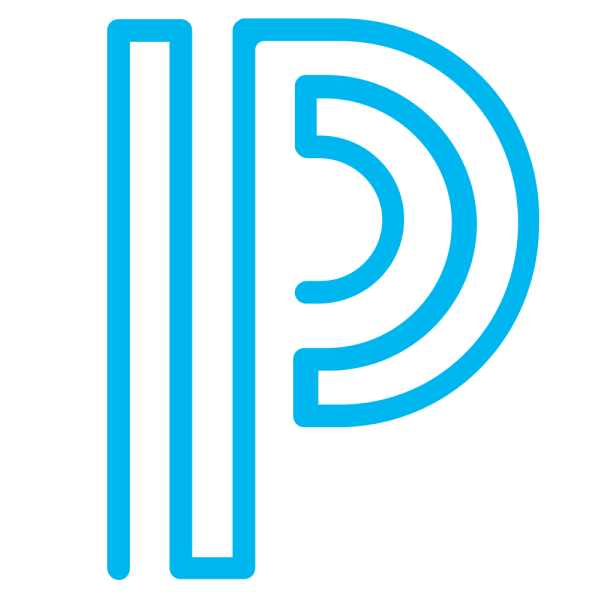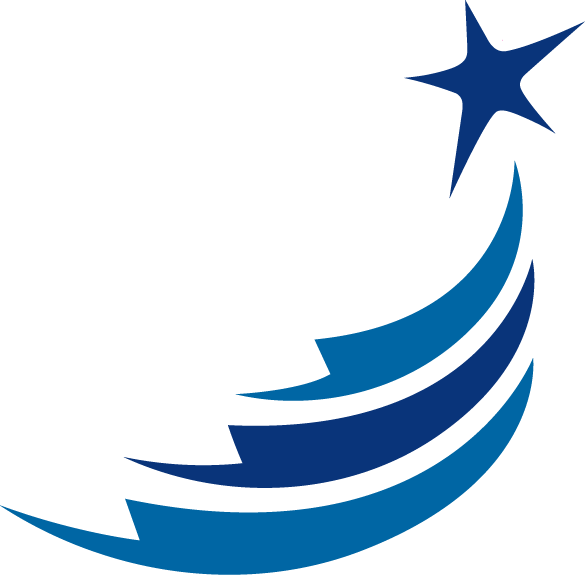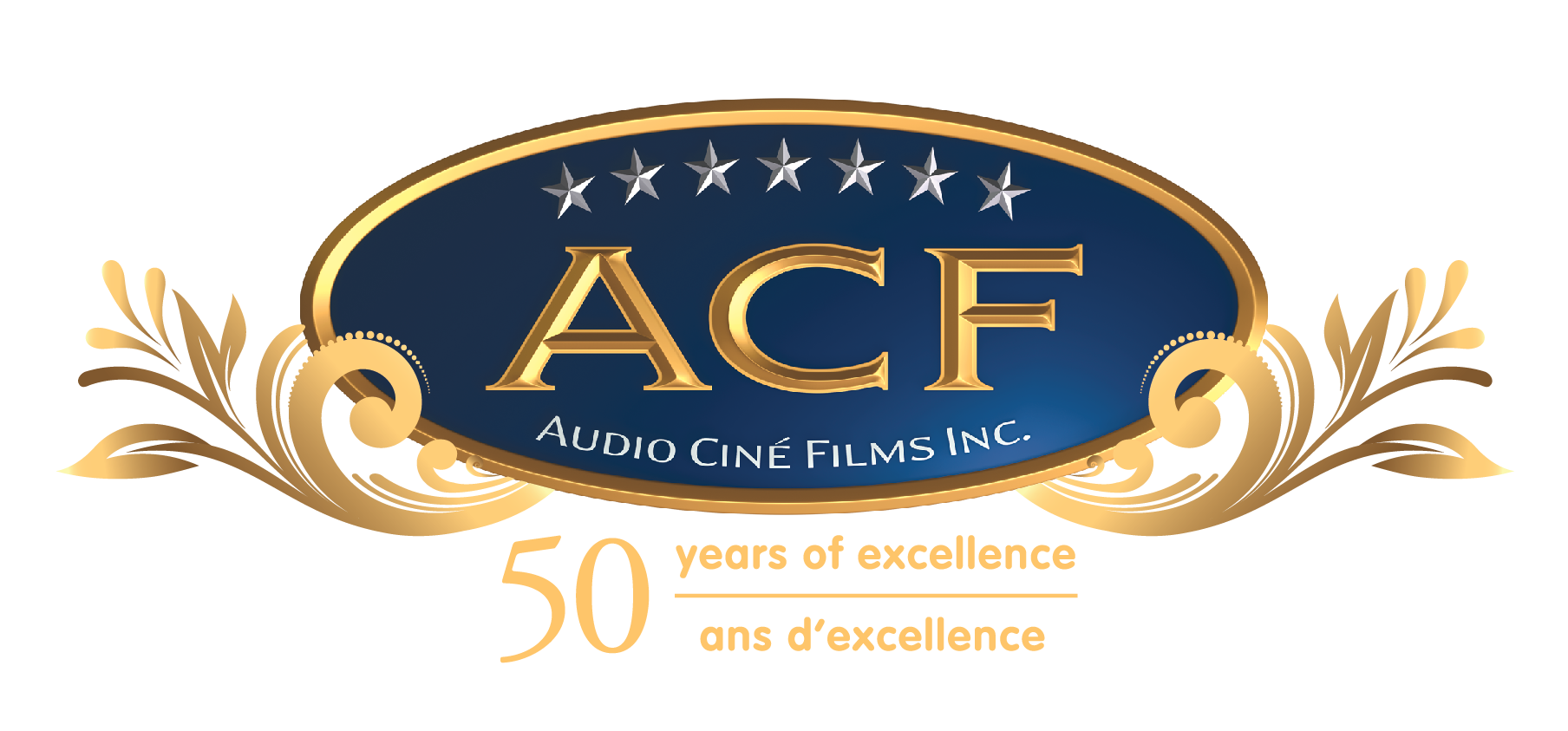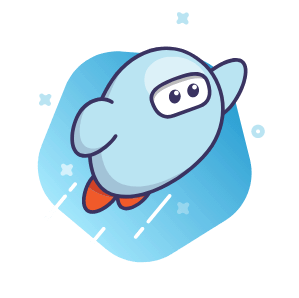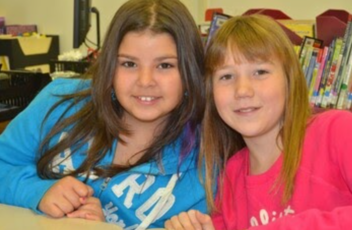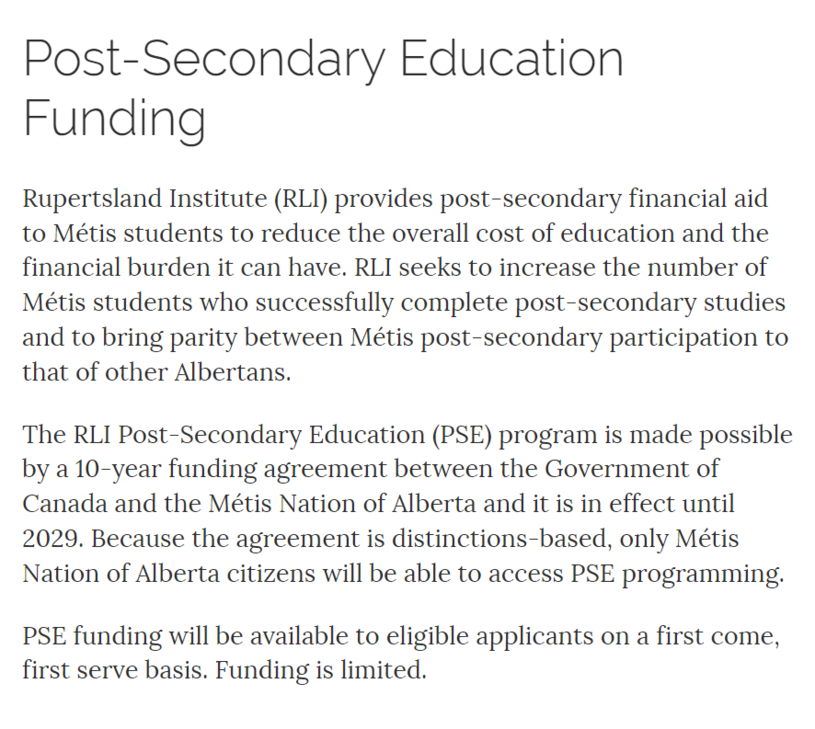In addition to our divisional Indigenous Education Program Coordinator, each of our schools has a designated Indigenous Education lead who helps further our divisional priorities in Indigenous Education. At Peace River School Division, we are committed to:
Working Together
We build relationships. We connect with students, staff and teachers within our schools. We connect with other schools and we connect with our wider community.
Connecting with Culture
We connect students and staff with the history, culture and perspectives of (especially local) Indigenous people in a culturally appropriate way that honours protocol and inspires pride in our Indigenous students.
Increasing Engagement
We increase student and community engagement in our school system by demonstrating that school is now a safe place that provides all students with an education that will lead to increased opportunities without sacrificing culture. Our success will be measured by the increased attendance and academic achievement of our Indigenous students.
Celebrating Together
We support division-wide events that celebrate culture, further reconciliation and/or foster academic achievement. By showing how much we value Indigenous culture, we hope our Indigenous students will be inspired to self-declare.
Elder's Message
"Many people should bring their wisdom to the schools to help their children be successful with their learning."
- Helen Piper, Cree Elder
Indigenous Education Program Coordinator
How Does PRSD Celebrate Indigenous Culture?
Why Declare?
Did you know that for each student that declares Indigenous ancestry, schools receive an additional $1200 per child from the Alberta Government? The funds are delivered to the school division and combined with the division's overall budget provided by Alberta Education. This means more funding for schools, which translates to more opportunities for students. In Peace River School Division, we use the funds to support the initiatives as outlined in the “How Does PRSD Embrace Indigenous Culture?” section of this website and our brochure. If you believe there is Indigenous ancestry in your family, we are asking families to consider declaring their sons/daughters.
How to Declare
Declaring is NOT done automatically. Parents declare their child’s status on the school registration form that is completed online every year. There is a specific location on the School Registration Form that asks if you would like to declare your child. If you need assistance, please do not hesitate to contact your child’s school office staff or school principal for assistance. You are not required to declare proof of ancestry, although we are certainly hoping you will do so.
Scholarships
First Nation, Métis and Inuit Bursary
Rupertsland Institue Post-Secondary Education Funding
Alberta Student Aid Scholarships for Indigenous Students
Indigenous Education
